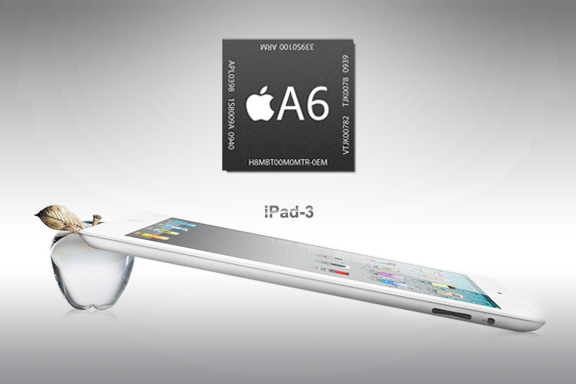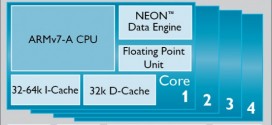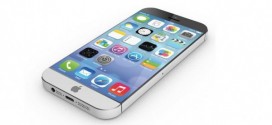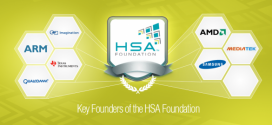DigiTimes is reporting that Apple and TSMC may have finally signed the long rumored chip deal between them. This means that Apple will start using Samsung’s foundry less and less, as it switches possibly completely to TSMC’s own foundry in the future.
TSMC will begin to test making Apple’s A8 processor in July this year, and will ramp up 20nm production in December this year, but I wouldn’t expect these chips to arrive until mid 2014, or whenever the 2014 iPhone and iPad start coming out. I expect those chips to be based on the ARMv8 64 bit architecture, and containing Apple’s next-gen Swift core. These ARMv8 chips should start appearing next year, and I imagine Apple will one to be one of the very first to use it.
TSMC has also signed a deal with Apple to make their A9 and A9X chips, too, for 2015. Those chips will most likely be made at 16nm and use FinFET transistors. Nvidia has also promised its Denver/Maxwell-based Tegra 6 will be made with the same process at TSMC, so Apple will be using that, too.
It’s understandable why Apple would want to move to TSMC, which makes chips for many different customers, and has the biggest foundry besides Intel. Samsung is its biggest competitor now, so things get rather complicated when Apple is also Samsung’s customer. This deal with TSMC doesn’t necessarily mean that Apple will cut all ties with Samsung. Apple is still a big customer of Samsung for other components, too, such as displays, RAM, and so on. But at the very least it doesn’t make Apple completely dependent on Samsung, and they’ll probably want to have at least 2 suppliers for every type of component they use in their devices.
What I’m expecting most to see is Apple moving Mac OS to the ARM architecture, especially now that they design their own CPU core, called Swift. But I think they realize that the ship has sailed for PC’s, including Macs, and there’s no point to rock the boat now, at the end of their life cycle (which could last another 10 years, before people stop using them completely). I think at this point they will just continue to make iOS and the iPad and iPhone more and more advanced, to the point where it becomes the main computer for everyone, and just keep improving the performance of the performance of those devices.
 TechDomino
TechDomino



